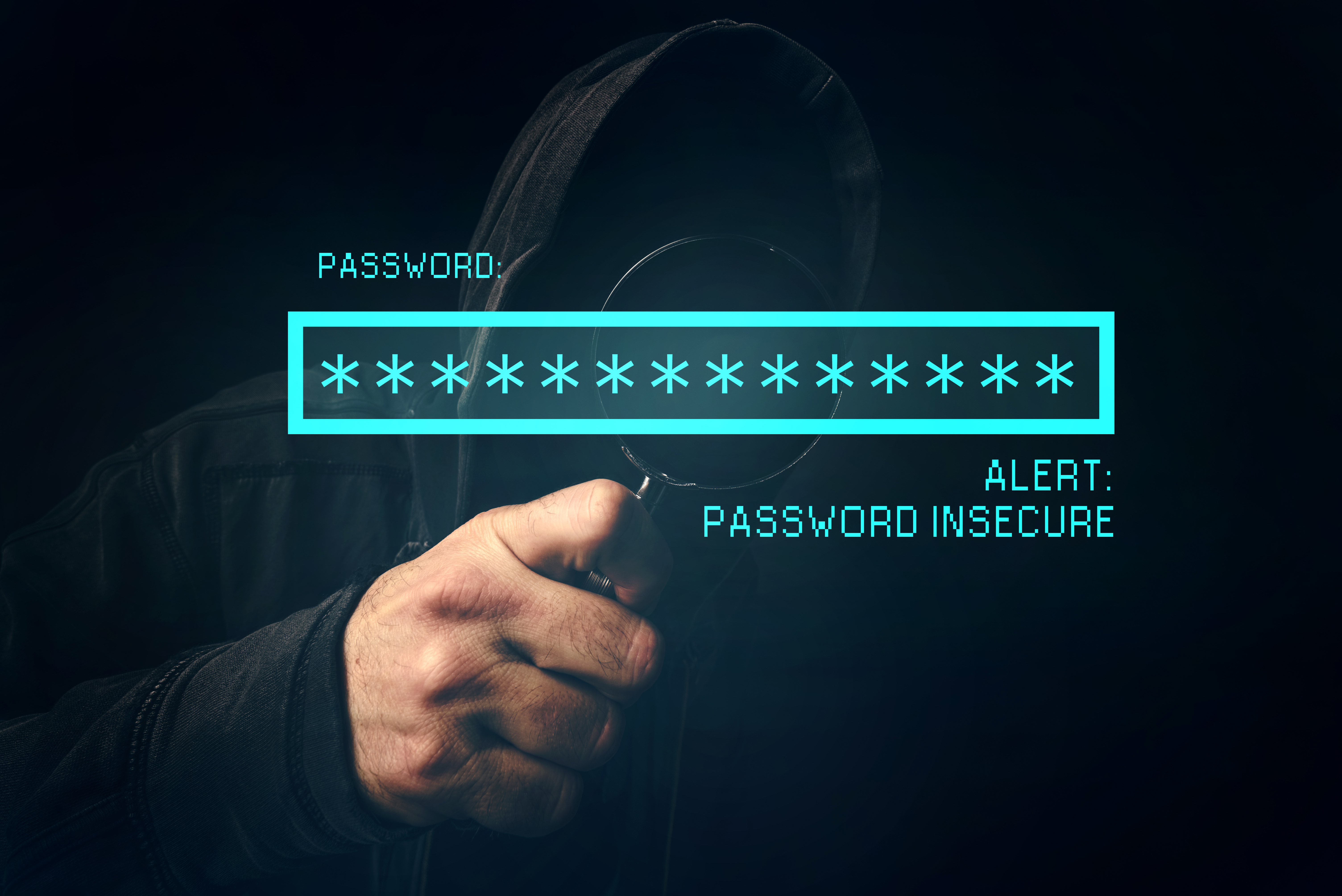In the ever-evolving cybersecurity landscape, safeguarding sensitive data remains paramount for organizations, especially those handling payment card information. The introduction of Payment Card Industry Data Security Standard (PCI DSS) 4.0 has brought with it a set of enhanced requirements aimed at strengthening data security. One significant aspect of this is the mandate for organizations to conduct regular password audits, particularly in Active Directory (AD) environments.
Understanding the Significance of Active Directory in Security
Active Directory, a service developed by Microsoft, is a cornerstone in managing user accounts and access permissions in most corporate networks. It’s the hub of user authentication and authorization, making it a critical focus point in any cybersecurity strategy.
The Intersection of AD Password Audits and PCI DSS 4.0
PCI DSS 4.0 has underscored the importance of robust password policies. One of its requirements is for organizations to compare passwords against lists of known compromised credentials. This is where Active Directory password audits gain significance. By regularly auditing AD passwords, organizations can ensure that their user credentials are strong and have not been exposed to previous data breaches.
Why Regular AD Password Audits Matter
- Detecting Weak Passwords: Audits help identify weak or default passwords easily exploitable by attackers.
- Ensuring Compliance: Regular password audits are crucial for maintaining compliance with PCI DSS 4.0 and avoiding potential fines and reputational damage.
- Enhancing Overall Security: By removing vulnerable passwords, organizations strengthen their overall security posture.
Conducting Effective AD Password Audits
Effective AD password audits involve several steps:
- Scanning for Weak Passwords: Using tools to identify weak, default, or easily guessable passwords within the network.
- Comparing Against Known Bad Passwords: Checking existing passwords against databases of known compromised credentials.
- Implementing Remediation Strategies: Forcing password resets or implementing additional security measures for compromised accounts.
The Crucial Role of PCI DSS 4.0
PCI DSS 4.0 not only mandates these practices but also emphasizes the need for ongoing vigilance. It’s no longer sufficient to set a strong password policy; continuous monitoring and auditing have become essential compliance components.
Free Active Directory Password Audit: A Step Towards Compliance and Security
Recognizing the importance of AD password audits in the context of PCI DSS 4.0 compliance, we are excited to offer a Free Active Directory Password Audit for your organization. This is more than just a compliance exercise; it's a proactive step towards fortifying your cyber defenses.
What Our Free AD Password Audit Offers
- Comprehensive Analysis: We thoroughly assess the strength and resilience of your AD passwords.
- Alignment with PCI DSS 4.0: Our audit ensures your password policies meet the latest PCI standards.
- Expert Recommendations: We provide actionable insights and strategies to enhance password security.
Take the First Step Towards Enhanced Security
Don't wait for a security breach to reveal weaknesses in your system. Take a proactive approach to protect your sensitive payment card data in line with PCI DSS 4.0 requirements. Contact us today to schedule your Free Active Directory Password Audit and take a significant step towards reinforcing your cybersecurity infrastructure.
For more information or to schedule your audit, please visit our website or contact us directly. Let's work together to ensure your passwords are compliant and a robust line of defense against cyber threats.
Subscribe To Our Newsletter
Get updates and learn from the best
More To Explore



